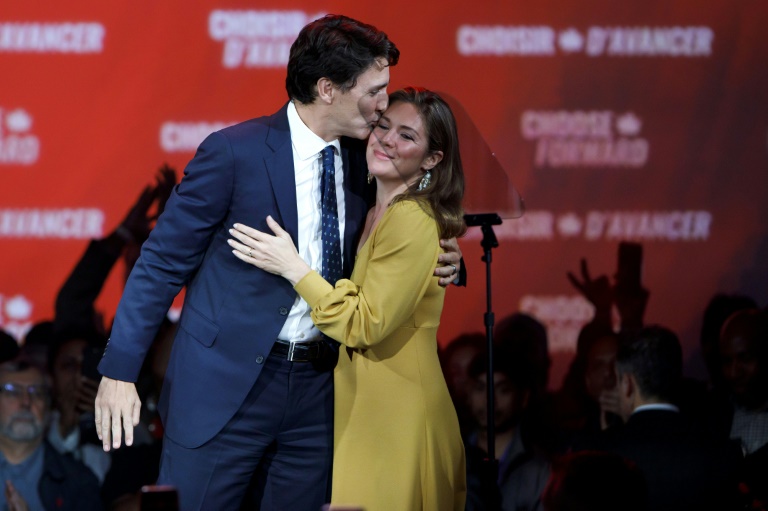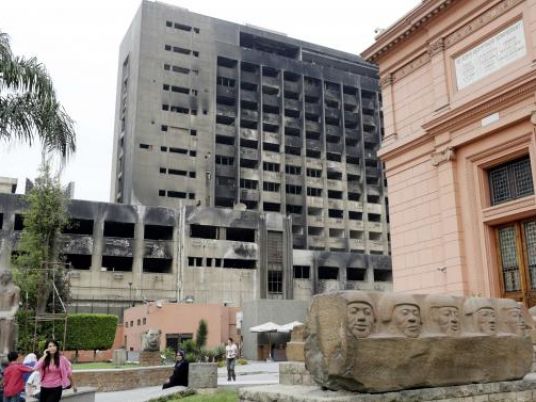Anxiety is running high among Egypt’s liberals and secularists. President Mohamed Morsy and the Islamist constituency that elected him pose a threat to the character of the Egyptian state, according to such figures as Tahani al-Gebali and Mohamed Abou Hamed. And the threat has apparently become significantly greater now that former Field Marshal Hussein Tantawi and Chief of Staff Sami Anan have departed the political scene. No matter that, until recently, the purported liberal bulwark against Muslim Brotherhood dominance was military rule. No matter that the Egyptian state has not had a secular character for decades, if at all. Such inconvenient particulars cannot obscure the broader imperative of ‘saving’ Egypt from the Brotherhood, one is told.
If there is a lesson one can confidently draw from the evolution of the Egyptian political scene since the 25 January revolution, it is that professed liberals and secularists are, far and away, the most ineffective actors on that scene. Both the parliamentary and the presidential elections demonstrated, in no uncertain terms, that however great the support for liberal and secular norms in the Egyptian polity, Egypt’s liberal and secular activists could not effectively compete against their Islamist rivals in garnering votes.
This poses an enormous dilemma for those committed to liberal and secular norms: How best to reach millions of eligible voters throughout Egypt? One of the responses that has emerged is to emulate the Brotherhood — to embrace the machine-like politics of the Islamists by developing a comparable political machine for liberal and secular political organizations. To my mind, there is no question that the type of local, grassroots political organizing in which the Freedom and Justice Party has recently excelled will be indispensable for those who seek to challenge Islamist dominance of the political realm.
But I would suggest, too, that there is a much more immediate way of reaching those millions of eligible voters throughout Egypt — a way that has remained relatively unexploited and unexplored since the 25 January revolution. And that is to advance what I would call the ‘cultural project’ of the revolution, as contrasted with the political project of the revolution. My argument here is that the activists who were on the front lines at Tahrir have focused on the political project of the revolution to the exclusion of the cultural project, and that they would be well advised to devote as much attention to the latter as to the former.
An op-ed recently penned by Ahdaf Soueif for The Guardian drove this point home for me in vivid terms. Soueif suggests that Egyptian novelists “seem to have given up — for the moment — on fiction.” This is because, she argues, they feel the urgency of the political moment — the need, as citizens, “to be present, there, on the ground, marching, supporting, talking, instigating, articulating.” All in all, fiction is inadequate to the political moment through which Egypt is moving, as she explains: “Attempts at fiction right now would be too simple. The immediate truth is too glaring to allow a more subtle truth to take form. For reality has to take time to be processed, to transform into fiction.”
This is an eloquent statement of the dilemma the novelist, the artist, the intellectual faces in situations of revolution. The work of the novelist, the artist, the intellectual requires a certain distance from one’s subject matter, to capture the nuances and complexities of human life — but this is a distance one cannot afford if one is to participate in a revolutionary moment.
The problem with this choice, of engagement over reflection — or, in the terms I set forth above, of the political project of the revolution over the cultural project — is that Egyptians at large are deprived of the reflective work of the artist at a time at which they desperately need that work, to navigate a world turned upside down, the world of post-Mubarak Egypt.
One of my great hopes at the time of the 25 January revolution was that there would emerge from Tahrir not only a reinvention of Egypt’s politics, but a remaking of Egypt’s cultural life — a remaking that would foreground the best of the ‘Tahrir spirit,’ its inclusiveness, its collectivism, its self-sacrifice. Perhaps this is a romantic vision of those 18 days last year, but it strikes me nonetheless as an important vision, a humanistic vision, one that could compete with the vision advanced by Islamists — if given a voice.
Of course, the cultural production that supports Islamist visions of post-Mubarak Egypt is literally everywhere, on every street corner, ranging from pamphlets to talk shows to Ramadan dramas. By contrast, this cultural project of the revolution has only a marginal presence. Admittedly, this is a presence circumscribed, to a great extent, by the political economy of the media. But, if Soueif’s account of the cultural field is accurate, the issue is not simply one of available space, but of the will to claim that space — to advance a humanistic vision of Egypt’s future.
Paul Sedra is an associate professor of history at Simon Fraser University.


